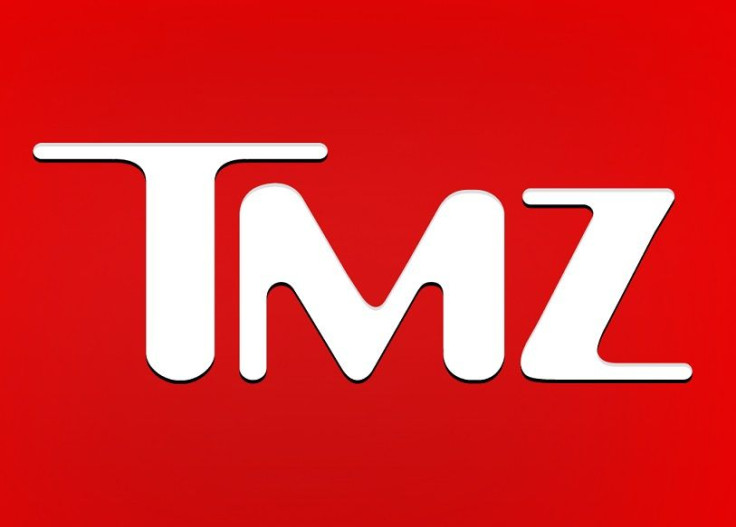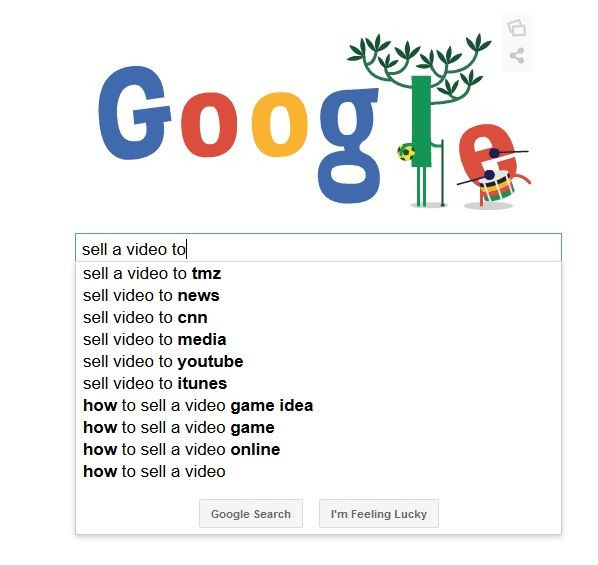How Much Does TMZ Pay For Videos? Scoops And Scandals Fetch Big Bucks, But Ethical Questions Loom
Gossip site is a known destination for scandalous material, but some worry it entices people to violate celebrities' privacy

What do Mel Gibson and Donald Sterling have in common? Besides being old white men who don’t know how to edit themselves in private conversation, they’ve both had their lives seriously upended by TMZ. And in a world full of fractious Hollywood egos ripe for exploitation, they have plenty of company.
Whether it’s scooping major media outlets on celebrity deaths or publishing leaked footage of a Justin Bieber deposition, TMZ makes itself impossible to ignore -- much as many of us would like to. The nine-year-old gossip site has emerged an unmatched repository of celebrity sin in an age when anyone with a smartphone and halfway-decent reflexes can find himself or herself in possession of a piece of compromising footage.
Earlier this month, when news emerged that Tracy Morgan was critically injured in a fatal pileup on the New Jersey Turnpike, it was almost a given that footage of the crash scene would end up in the clutches of TMZ, and indeed that self-fulfilling prophecy is undoubtedly a big part of the site’s success. TMZ gets its hands on high-interest content, because people in possession of high-interest content know to go to TMZ.
But savvy scandal-hawkers also know something else: TMZ pays big money for juicy content -- anywhere from hundreds to several thousand dollars, depending on what you have. In 2012, the site reportedly paid $15,000 for photos of Prince Harry playing strip billiards in Las Vegas. More recently, the site was rumored to shell out a staggering $250,000 for security footage of Solange Knowles attacking Jay Z in an elevator -- footage that was presumably obtained illegally and doubtlessly violated its subjects’ privacy. Reputation is a part of any news outlet’s success, and TMZ’s reputation as a lucrative scandal-buying outlet no doubt feeds the cycle. Type the words “sell a video” into Google’s search field, and even autocomplete assumes TMZ is the best choice.

That pay-for-play model is not something TMZ is keen on talking about. Several emails and calls to the TMZ tip line asking about its rates went unreturned. So did stealth efforts to "sell" a nonexistent video undercover. But those who have completed discreet transactions with the site say the process is surprisingly simple and efficient. One source, a colleague who asked not to be named, sold a two-minute video to the gossip site for $1,000 in 2012. (The video featured a disruption at a major entertainment event.) One phone call to the TMZ tip line, and the source was asked to provide a watermarked copy of the video. As soon as TMZ knew what it had, the source said, it paid the fee by electronic check within a matter of hours.
“These are very shrewd sales people,” the source said.
If you think that shrewdness sounds like old-fashioned checkbook journalism, you’re not far off. But a lot has changed since the days when media outlets lived by the edict that they would not pay for news content. Things aren’t so simple since the digital disruption, according to Katy Culver, associate director of the Center for Journalism Ethics at the University of Wisconsin-Madison. “It’s a very complex situation,” she said. “New players that haven’t been part of this contested field of media ethics over the last four or five decades are out there doing things.”
In other words, if TMZ doesn’t pay for images of Prince Harry in the raw, someone else will. In fact, hawking impromptu images is an industry in and of itself, as evidenced by the auction site Bideo, which is devoted to delivering such images to the highest bidder. (Pictures of Kate Hudson eating Cajun cuisine were a hot item at last check.) Culver said attitudes toward paying for content shouldn’t devolve into black-and-white arguments without considering the relative news value of what’s being bought or sold. “Capturing a drunk person on the street, versus capturing the police beating someone in custody -- there’s a big difference,” she said. “In cases where something is critically important, and there’s no other way you’re going to get this footage, you may be able to justify paying these sums.”
Humble Beginnings, If Not Humility
TMZ gets its name from the “thirty-mile zone,” an area in Los Angeles where most of the entertainment industry was once situate. The website debuted humbly in 2005 as a pet project between Telepictures Productions and AOL, then part of Time Warner Inc. (NYSE:TWX). But in the nascent days of online video, it quickly earned a reputation as a go-to destination to find footage of celebrities behaving badly. Its ready-for-primetime moment came in the summer of 2006, when it became the first media outlet to report on Mel Gibson’s now-familiar proclivity for anti-Semitic rants. The scoop earned TMZ a feature in Newsweek, which heralded the “up-and-coming entertainment news site that broke the biggest celebrity news of the summer.” Today, TMZ is the 90th most visited site in the United States, according to Alexa.
And its success is not all due to writing checks. TMZ’s managing editor, Harvey Levin, is a sourced-up former lawyer who knows how to vet content for accuracy. He rose to fame as a broadcast reporter for CBS’ “Celebrity Justice,” and he insisted he had no interest in making the transition to online media. “I said no to this job,” he told Newsweek in 2007. “I’m a TV guy and I said ‘I’m not going to the Internet.’ Then I realized that if you do it as a real news organization and you can publish on demand, you can marry text and photos and interactivity.”
The idea of TMZ as a “real news organization” is not likely to sit well with everyone, but it’s impossible to ignore the site’s occasional spouts of newsworthiness amid the flurry of Alec Baldwin paparazzi schisms and Kim Kardashian booty pics. Donald Sterling’s racist audio clip, which spurred long-overdue action by the NBA, is the most obvious recent example. “Clearly good came from that situation,” Culver said.
Still, she said, that shouldn’t give any outlet a free pass to perpetuate ever-increasing bidding wars for trashy clickbait -- something to think about the next time you get into an elevator with Jay Z. “In offering these exorbitant sums for those kinds of pieces of footage, we’re inducing people to do things that are unethical or even illegal,” she said. “That to me is the most dangerous part as these sums grow higher and higher.”
Got a news tip? Email me. Follow me on Twitter @christopherzara.
© Copyright IBTimes 2025. All rights reserved.






















